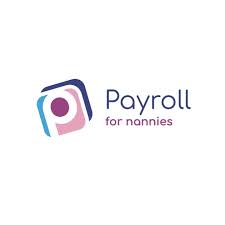A bit of time to zen out, a great way to loosen off muscles, the best way to keep supple, or a full on cardio workout – whatever ways we already think yoga is good for us as adults – whether you partake or not – we know there are generally lots of benefits.
So, why should this be different for the little people in our lives? It isn’t. As joints and muscles are still growing, yoga can bring benefits that other exercise can’t for our little ones. Here are the reasons it’s a good idea to start them early with this ancient eastern art:
- Enhancing concentration: When your child gets used to the postures of yoga, they automatically improve their concentration skills. Ancient sages used yoga as a form of meditation, and their powers of concentration are legendary. Your child learns how to sit still in one place and focus on what’s important as opposed to letting their mind wander and be distracted easily. This helps them in their lessons and at school, boosts their attention span and improves their grades.
- Increasing flexibility and balance: Yoga helps improve flexibility and balance and tones their muscles too. It makes them stronger and less likely to suffer sprains and fractures through accidental falls.
- Improving general well-being: Kids who practice yoga regularly feel good about themselves and are healthier and happier than those who don’t. They feel both mentally and physically rejuvenated after a yoga session and this improves their mental and physical health.
- Boosting confidence: When your child is able to display great agility and flexibility, it does wonders for their confidence. Their improved performance at school also helps boost their popularity and their self assurance. They become more poised and start to believe in their abilities. This feeling provides them with the adrenaline they need to achieve success in all their endeavours.
- Relaxing their minds: Even kids are subject to a great deal of stress these days because of their workload at school and the high expectations that many parents have. They are pushed to be achievers at every single point of their lives, and when they fail, they take it to heart and become depressed. Yoga helps them relax and de-stress when they feel upset or depressed. It soothes their frayed minds and helps them get back to a normal mental state.
Source: www.youngyogamasters.com
Although not yet seen as a mainstream activity for children in many cities, you should be able to find children’s yoga classes near or in your area via a quick Internet search. If you struggle, it may be worth contacting your school or nursery, and asking them to start arranging classes with a local qualified children’s yoga instructor.
Are you or your kids into Yoga or similar activities? Share it with us on our Facebook page!




